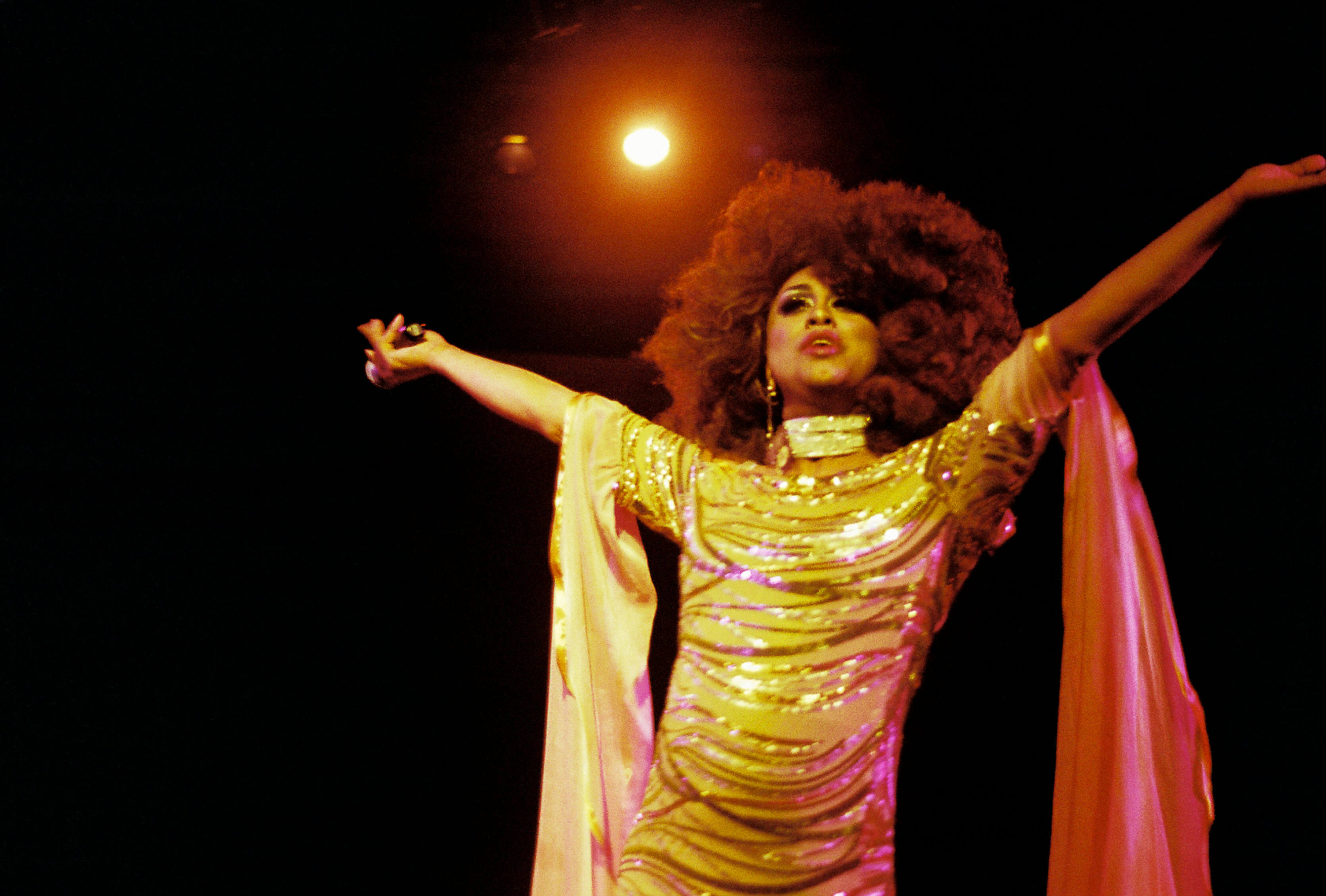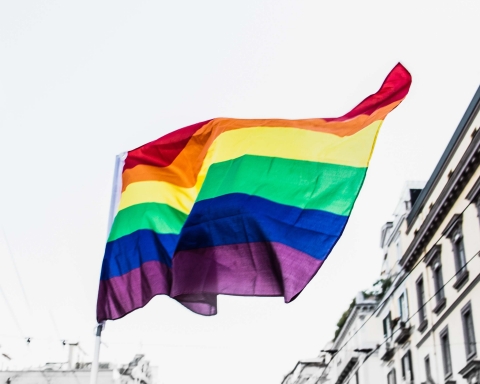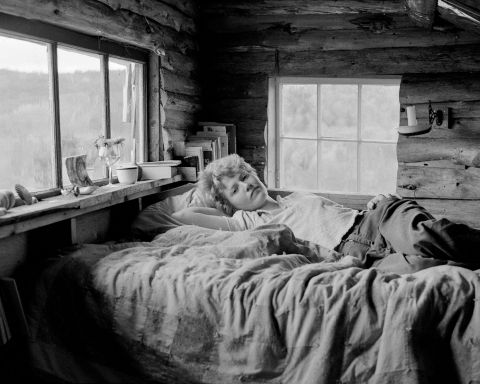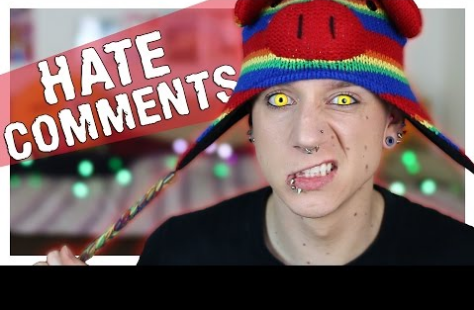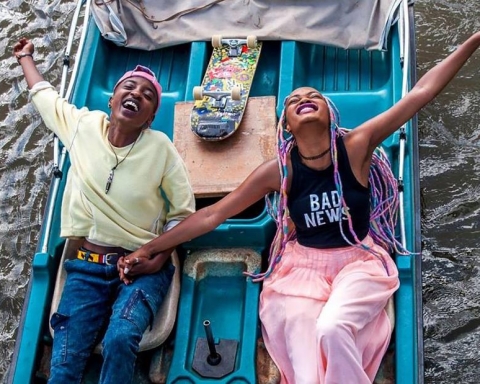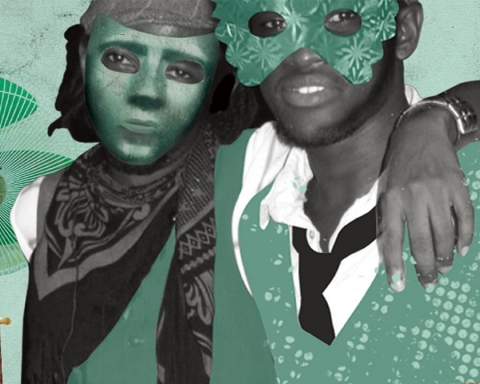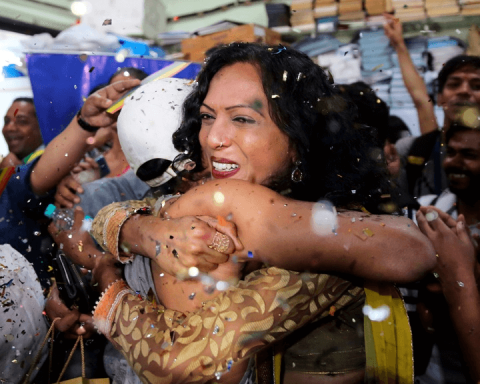South African queer film photographer Lauren Brits has been bearing witness to the different facets of Cape Town’s colorful, creative, and cutting edge LGBTQ scene for years. Despite the fact that film photography has its challenges – requiring money for film and development, a great relationship with her local developer, and the added element of competing with digital photographers, who are able to edit and share within an evening – Brits is both dedicated to the medium and prolific. “There is such a nostalgic and timeless essence to film that just doesn’t compare to digital,” she explains. That nostalgic quality is exactly what characterizes her body of work, which captures the queer underground zeitgeist of South Africa’s Mother City in dream-like stills.
While the rainbow flag of the LGBTQ nation unites us under an ever increasing acronym, the reality of the community tends to be more fragmented. The queer scene of any city is not just one thing, but rather the sum of its multiple facets, and Cape Town’s queer scene is no different. Add to the equation the fact that, despite all hopes to the contrary, the supposed “Rainbow Nation” of South Africa remains economically and racially fragmented, and the result is a queer scene that is at once dynamic, diverse and divided.
South Africa boasts the world’s most progressive constitution, which protects, amongst other things, the right to same-sex marriage, making South Africa the only country in Africa to do so. The freedom allowed by its constitution has given South Africa’s queer community the unique opportunity to break new ground and lead the way for the rest of the continent. Cape Town’s drag and performance scene in particular is a place of many firsts.
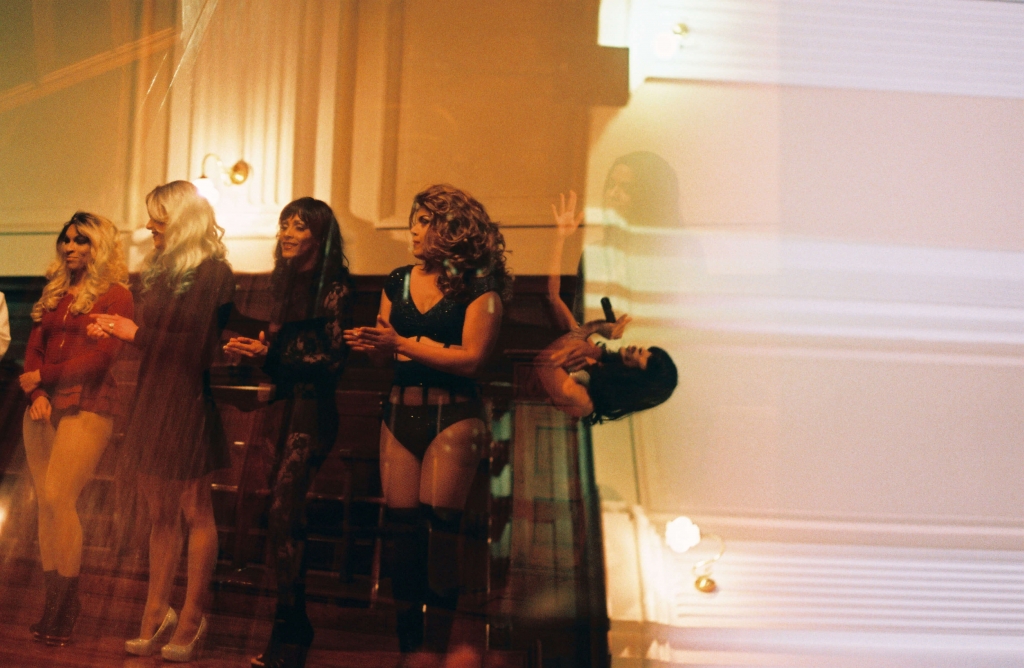
Cape Town’s Next Drag Performer is a competition created by Tashreeq Lee that gives performing drag or cabaret artists a platform to compete. “In the drag community of South Africa, there has only been a platform for drag queens to compete in beauty pageants, but not as performers as well,” explains Lee.
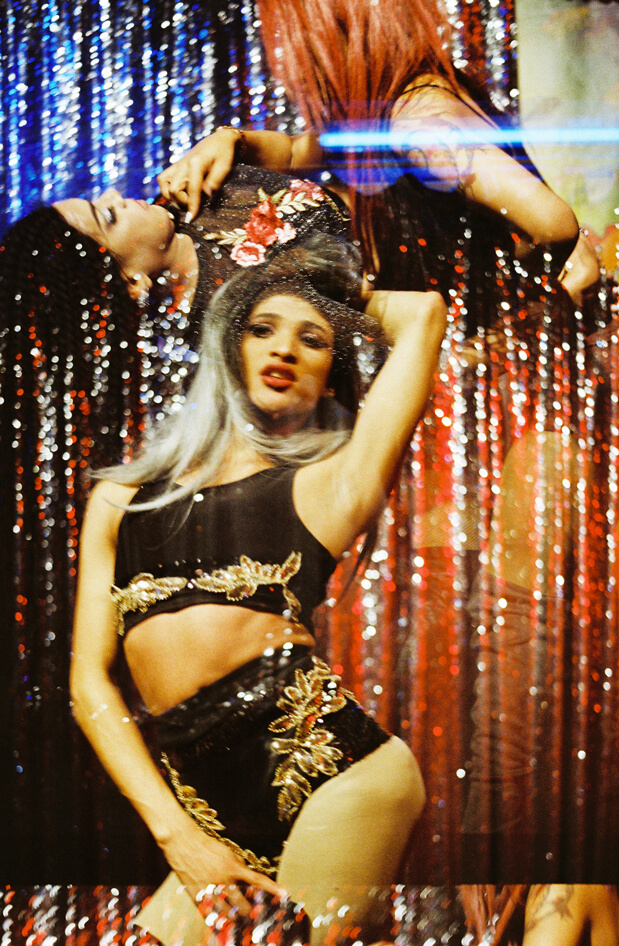
Inspired by the likes of Rupaul who continues to groom and provide a platform for younger queens, Tashreeq’s goal is “to give drag artists in Cape Town and South Africa at large, a platform to showcase their performing talent.”
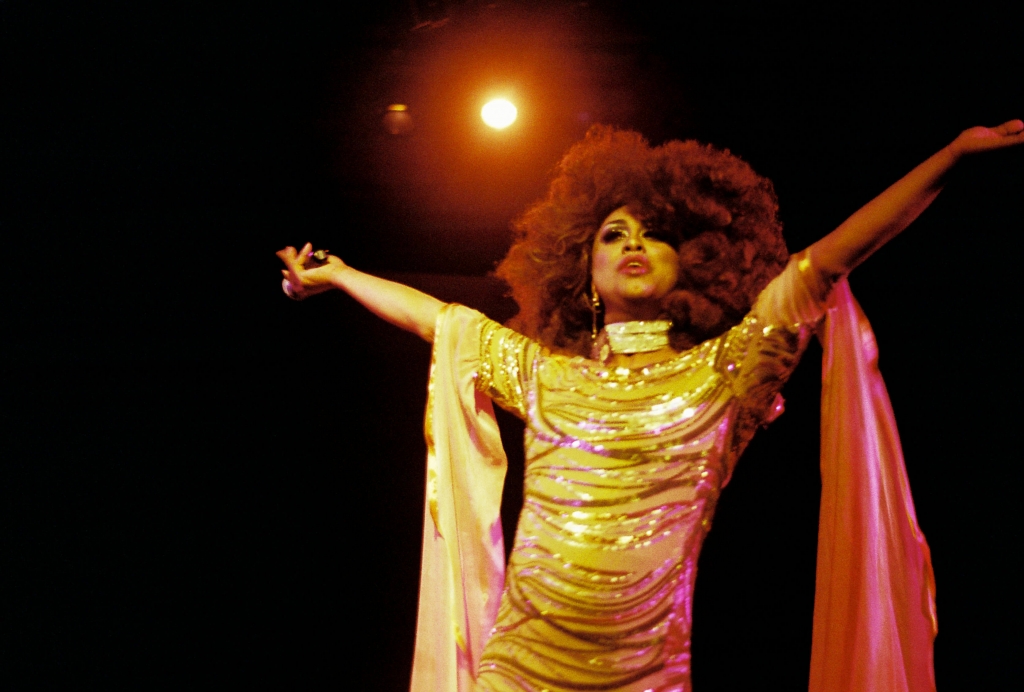
“To me, drag means to simply be yourself,” says Lee.
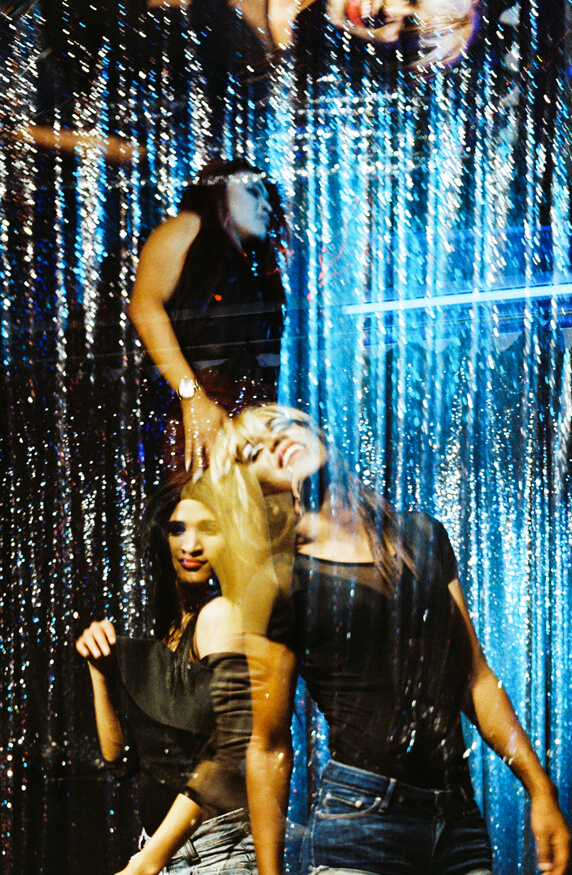
“I find drag queens from Cape Town are more willing to get themselves out there, even if it means that they might be humiliated,” says Lee. “Realness all the way.”
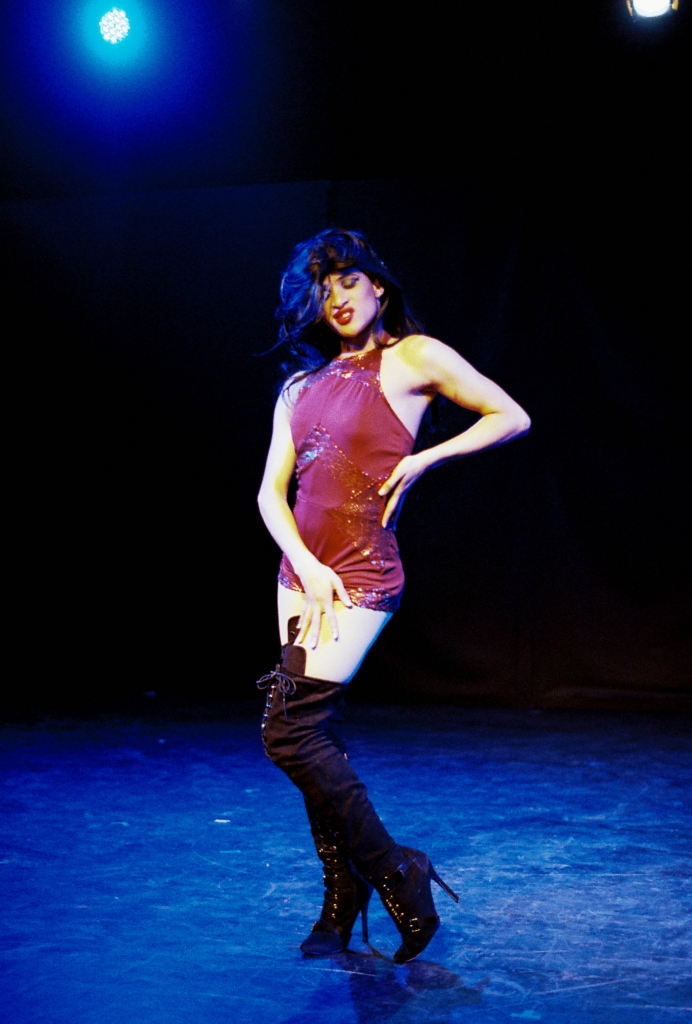
Tashreeq feels very strongly “that drag is an art that should be treasured” and many in the Cape Town drag scene share his sentiment. Diskotekah is a queer Cape Town event that some have described as an art installation set to techno music. Co-founder Gavin Mikey Collins says, “Our goal was to cultivate a platform for radical creative expression and queerness in the Mother City. We conceptualized a party set in a post-apocalyptic paradise, ruled by killer drag queens. What started as a party for some of our friends has evolved into a community of queer creatives all celebrating their uniqueness. We would probably be labelled more “club kids” than traditional drag queens.”
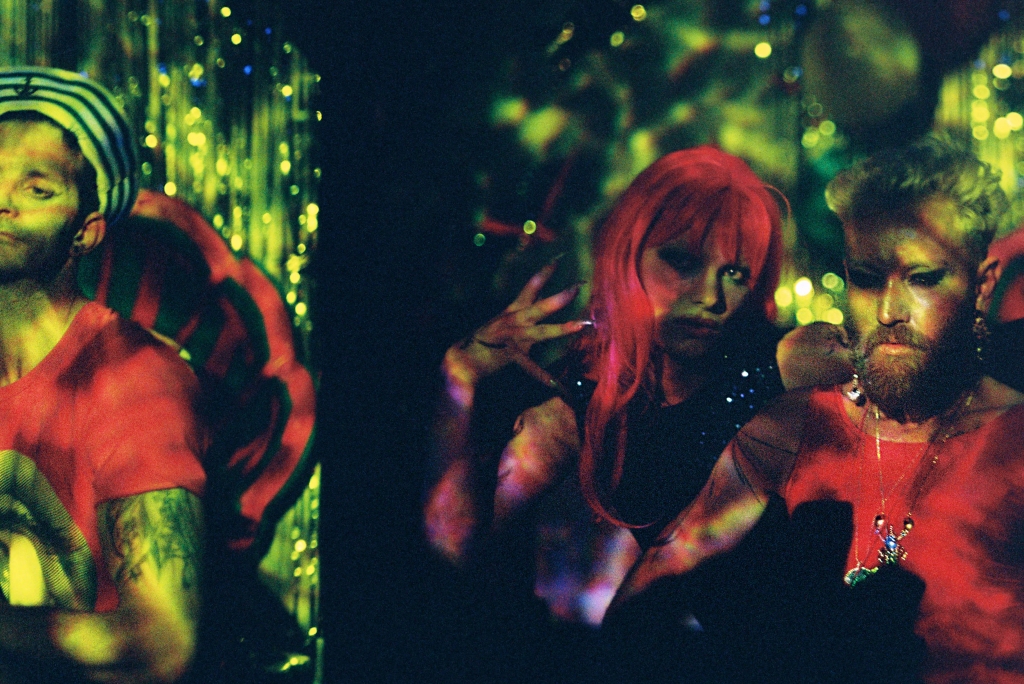
“We have a very liberal constitution in South Africa,” says Collins, “But we still live in an extremely heteronormative society. It’s our aim to be unashamedly queer and to use that as a source of strength and courage while navigating daily life.”
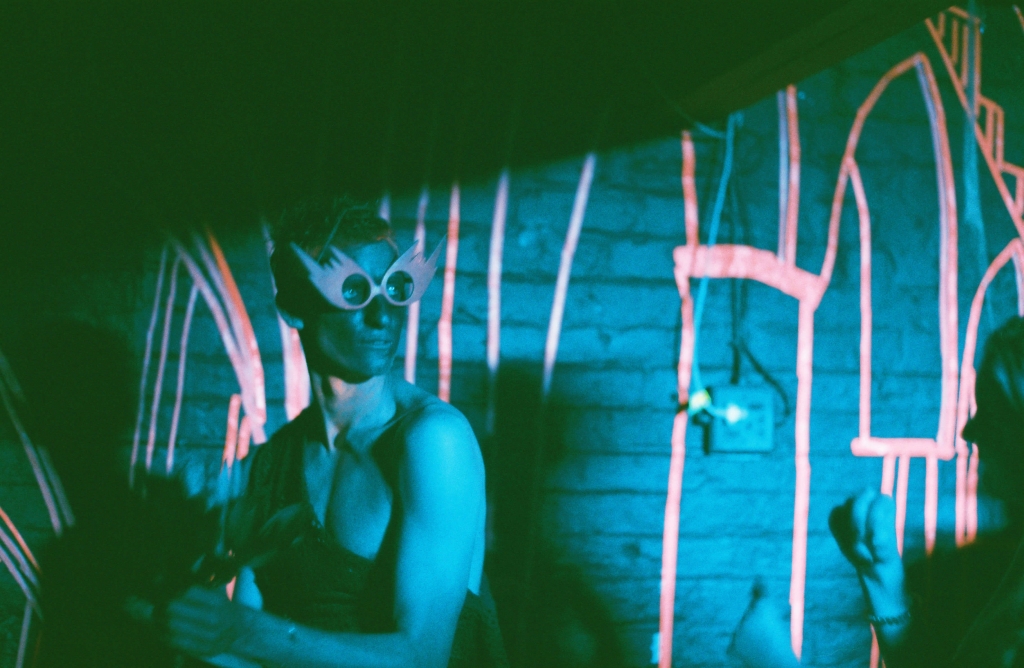
Collins’ drag persona, SufferK8, “is a toxic babe. She was manifested out of my need to channel the anxiety and angst that I feel in a healthy way. For me, drag is a means of therapy. It helps you give names to your fears and that somehow makes them less scary.”
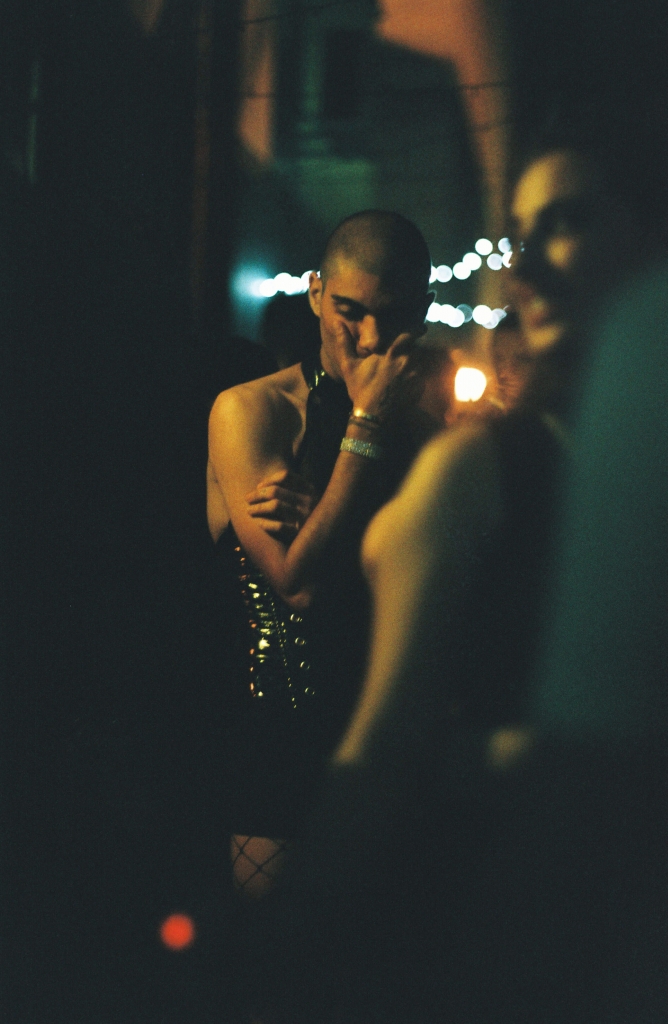
“The Cape Town scene is bursting with energy at the moment which makes it very exciting,” says Collins. “South Africa is still at a very young stage in its democracy. We are in the process of dismantling 200 years of colonialism so there is still a lot of pain and anger. These conversations about race, gender, identity, classism, white privilege (to name a few) are difficult but they are creating a dialogue which is extremely necessary.”
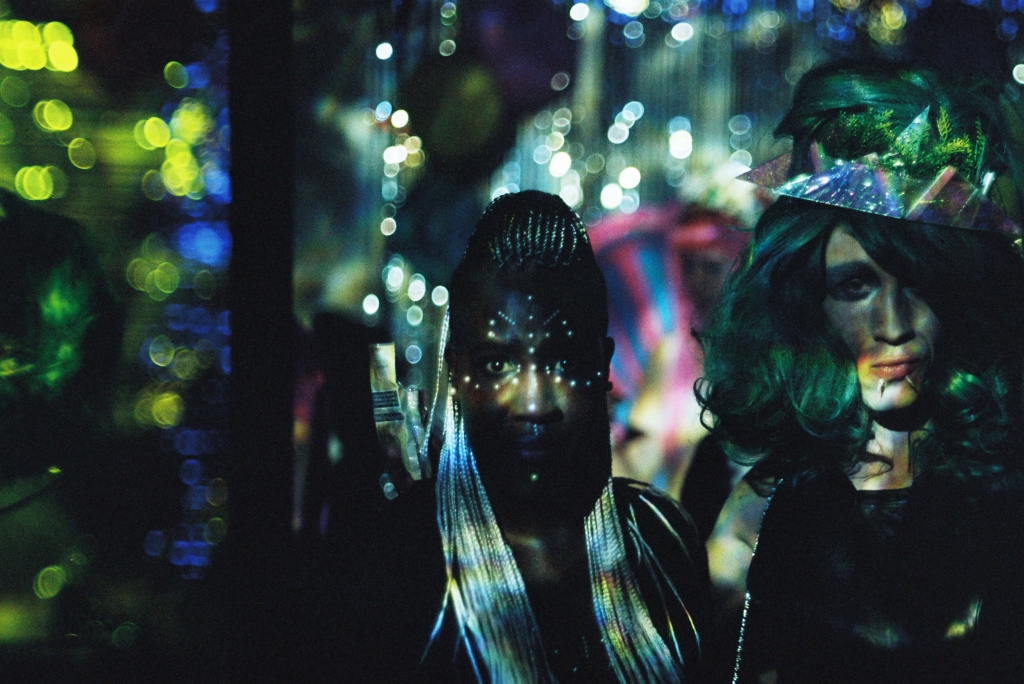
These difficult conversations are part of what sparked the birth of South Africa’s premiere Kiki House, House of le Cap, created by founding mother Kirvan Fortuin. Chester Martinez of House of le Cap explains that, “We are young performing artists who are trying to introduce the ballroom culture to the continent of Africa. We have enormous respect and gratitude for the iconic and legendary house mothers and fathers overseas. We are hungry to learn and to engage with the culture while establishing our own space within it. It’s a mammoth task because South Africa is still a developing country and a developing society that’s quite conservative.”
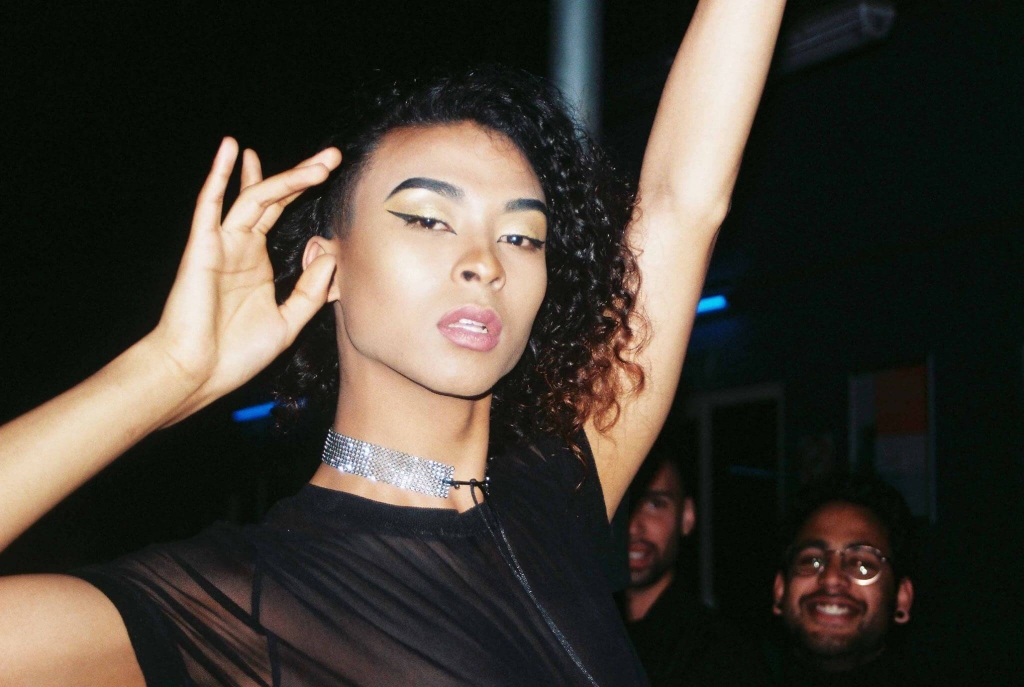
House of le Cap hosted Africa’s premiere kiki ball in 2017 under the careful guidance of Amsterdam-based Miss Red Vineyard of the House of Vineyard (a.k.a Niki V Callandt). Chester hastens to add that their events are not full-scale competitive balls, but rather “for fun and for training so that people can have a platform to practice their skills whether it’s voguing, runway, realness, etc.”
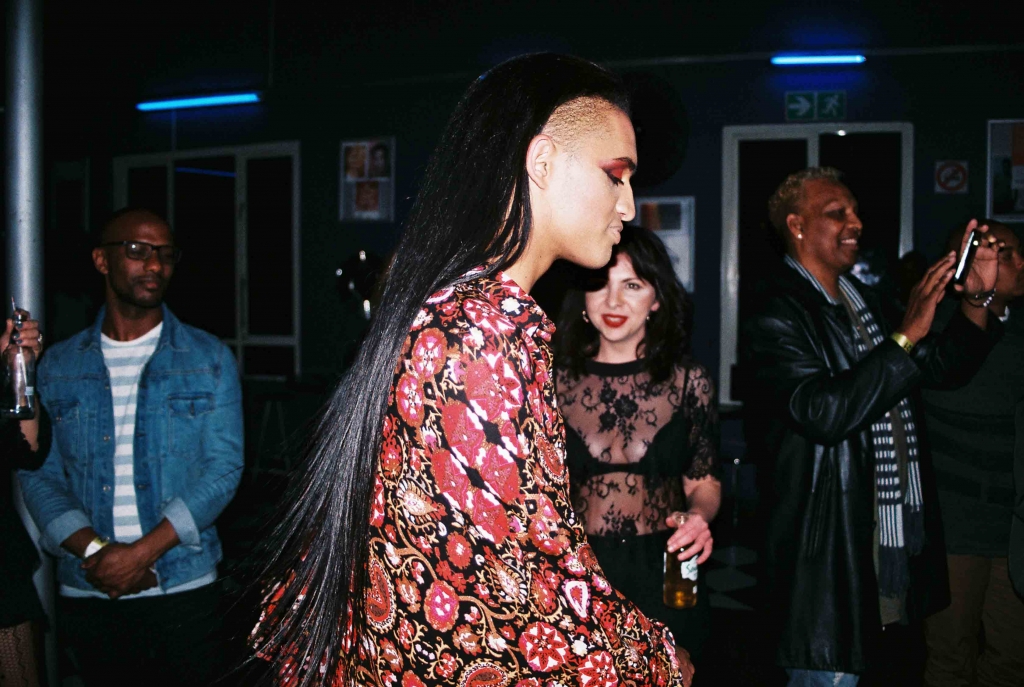
“What motivates us,” explains Martinez, “is to create a platform that is open not only to queer and marginalised individuals but open to all human beings who are looking to express themselves.”
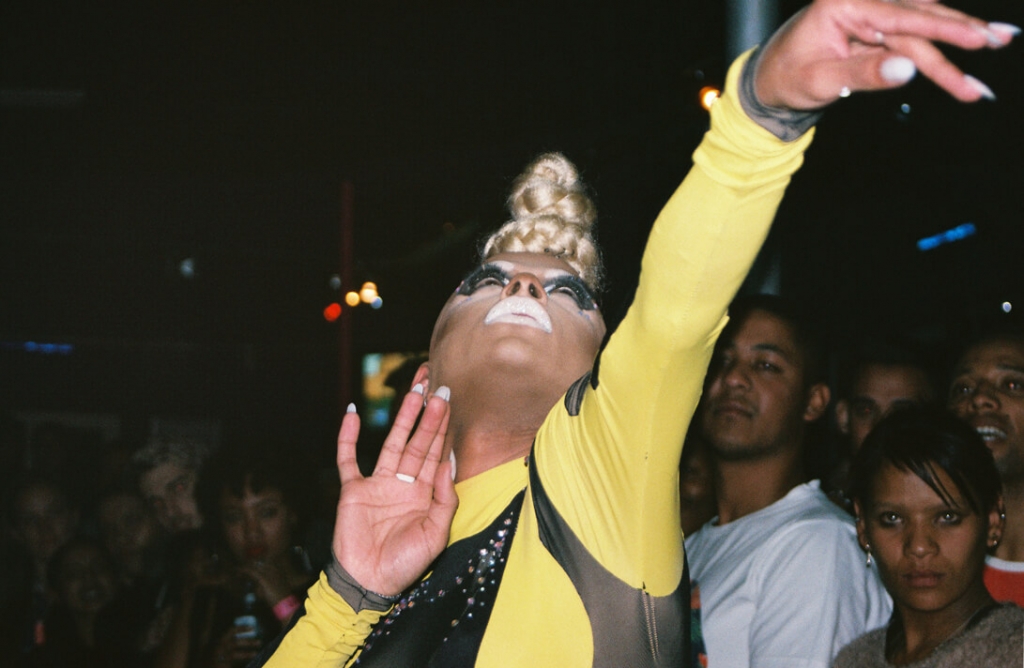
“What makes Cape Town’s queer scene unique is the fact that there’s still quite a lot of racial divide between the queer groups within Cape Town,” says Martinez. “That stems from the racial divide in the greater city itself. You have the very privileged white areas that are all around Table Mountain, while the middle class and below are spread out on the plains of Cape Town. That’s where your people of colour are based. It’s quite a financial struggle and a difficult dynamic to traverse that gap. For most people of colour you have to travel in to the city to engage with the playground of Cape Town. The ramifications of apartheid are still very much alive and well. The politics of it all has filtered into the queer community as well.
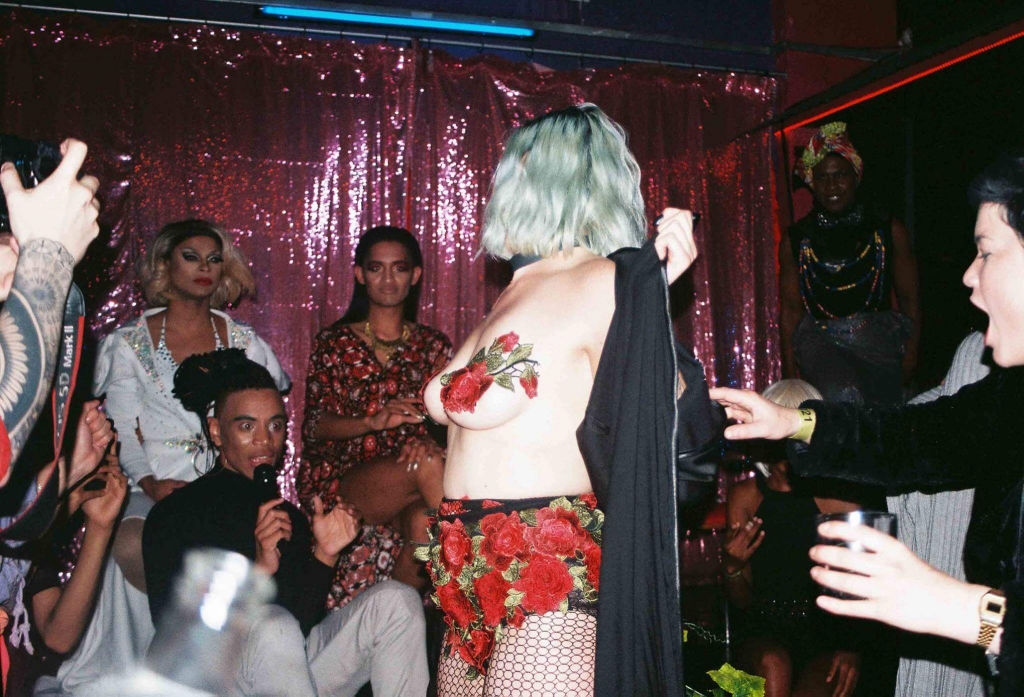
“The most integrated, open and diverse space that we have is within the Zer021 Social Club, which is where we host our kikis,” says Martinez. “Most other spaces are still very specific to a subgroup within the queer community.”
Follow Lauren Brits on Instagram: @laurenbrits
If this glimpse into Cape Town’s drag and queer scene has piqued your curiosity then be sure to check out these must-see videos:
• Glitterboys and Ganglands – Lauren Beukes
Deep in the heart of the Cape’s most violent ganglands sequins are being sewn, hair arranged, tiaras polished, stilettos worn in, lashes glued and shimmies perfected: all for a night of glitz, glamour and the honour of being Miss Gay Western Cape. Glitterboys and Ganglands tells the story of three contestants hoping to walk away with the prize.
• House of le Cap’s Spring Kiki – Jana Heyns
House of le Cap is South Africa’s premiere Kiki House, birthing the ballroom culture in Africa. Watch how they slayed on the runway at their Spring Kiki!
• Diskotekah’s Halloqween Shade Ball – Derrick Pitts
Get a glimpse into the glittering underworld of Cape Town’s club kids.
Jo Jackson
Twitter: @jojacks0n

